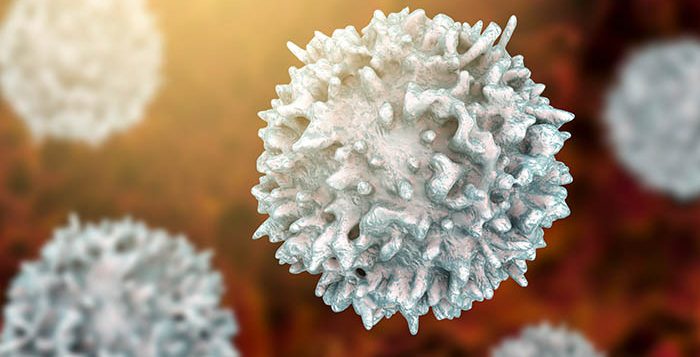
Do B cells contribute to post-stroke cognitive decline?
Full title: IgA natural antibodies are produced following T-cell independent B-cell activation following stroke
Publication authors: Jacob C Zbesko, Jennifer Beischel Frye, Danielle A Becktel, Diana K Gerard, Jessica Stokes, Kylie Calderon, Thuy-Vi V Nguyen, Deepta Bhattacharya, Kristian P Doyle.
Summary author: Chloe L Quigley
Full publication link: IgA natural antibodies are produced following T-cell independent B-cell activation following stroke
Keywords
- Cognitive decline – refers to problems with memory, problem solving, thinking, and processing.
- B cell – a type of white blood cell which is has a role in fighting infections.
- Plasma cell – a type of B cell
- An antibody – a protein that B cells make to help defend the body against anything ‘foreign’ e.g., germs
- IgA – a type of antibody.
- Infarct – the area of the brain where the stroke happened. The brain tissue in this area is dead due to the damage caused by the stroke.
- CD4, MHCII and MyD88 – Three proteins which influence the way that B cells work.
Research summary
Why is this research important?
- Up to 1/3 of people who have a stroke go on to develop cognitive decline.
- Cognitive decline has a significant impact on the lives of stroke survivors.
- There is currently no treatment for post stroke cognitive decline.
- Finding a treatment could significantly improve the quality of life for stroke survivors who develop cognitive decline.
Why are immune cells being studied?
- To develop a treatment, researchers need to understand exactly how or what causes people to develop cognitive decline after a stroke.
- This will help them identify ‘targets’ for treatment.
- They do this using laboratory models of stroke and by analysing samples donated for clinical research.
- Previous research had suggested that B cells are involved in the development of cognitive decline in laboratory models of stroke.
What were the aims of the study?
- This study aimed to understand more details about the way that B cells are involved in the development of cognitive decline after a stroke.
- The study also wanted to work out whether three specific proteins made a difference to what the B cells’ behaviour.
- Scientists also aimed to identify whether plasma cells and IgA were present in the brains of the mice which had had a stroke.
What did the researchers do?
- Scientists compared the brains of mice who had had a stroke with those who had not.
- Some of these mice were normal mice. Others were missing one of three proteins (CD4, MHCII or MyD88) which are known to influence how B cells work.
- The scientists looked at the infarct in the mice brains- the part of the brains where the stroke happened.
- They specifically looked for plasma cells (a type of B cell) and IgA (a type of antibody).
What were the results of the study?
- The results showed that IgA and plasma cells appear in the infarct between weeks 2 and 4 post stroke. This is unusual as these cells are usually found in the intestines!
- They also showed that the amount of IgA and the number of plasma cells continued to increase until 7 weeks after stroke.
- There was no difference between the normal mice and those which were missing one of the three proteins CD4, MHCII or MyD88.
- This allowed scientists to rule out the involvement of these specific proteins in the process.
What is next?
- More research needs to be done to understand the role that plasma cells and/ or IgA may have in cognitive decline.
- It is important to understand if the plasma cells are coming from the intestines or somewhere else in the body.
- If we can understand their role, we will be able to produce treatments which target their involvement.






0 Comments